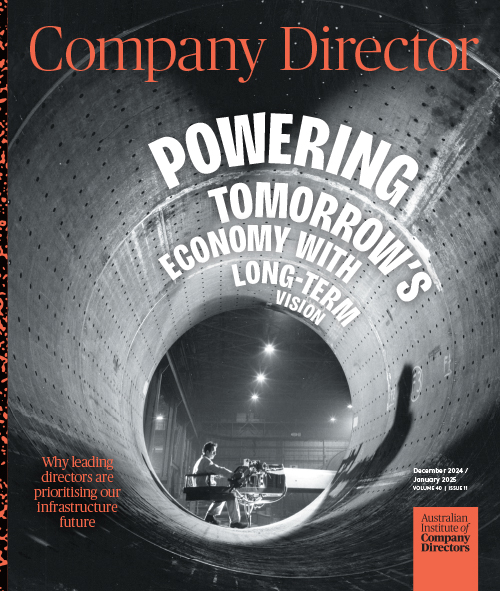A new report from RMIT analyses how changes in the job market and economic uncertainty impact employees and companies.
Market competition and high candidate expectations are forcing companies to overpay for new hires, say 46 per cent of Australian managers in new RMIT research. Candidates, in turn, feel unable to meet the expectations of their new roles. The Salary Trap report found, based on 800 interviews with Australian workers, that 41 per cent of employees feel under-compensated in their current roles, with a jump to 46 per cent among women.
The report identified that in the past 12 months, one third of employees have started new roles, receiving, on average, annual salary increases of $11,418. This high rate of job change contrasts with the numbers of those satisfied with their current job. Only 11 per cent of managers and 13 per cent of non-managers reported being unsatisfied in their current roles. Salary was the major driver of job change in this cohort, with 35 per cent of interviewees nominating it as their top motivator, and 85 per cent of employees saying that spikes in inflation and the cost of living had heightened their emphasis on remuneration.
While workers at a manager and non-manager level emphasised these macroeconomic forces as significant at similar levels, there were exceptions to the trend among employees over 55. Seniority was worth less among recent recruits, with 35 per cent of managers saying that the most recent hires receive the highest salaries at their position, and 40 per cent saying those hires have less experience than necessary for the roles.
Among managers who have changed jobs in the past 12 months, 34 per cent believe they do not have the skills required for their job and fear for their job security. Only 11 per cent of managers have maintained the same job for longer than a year.
Climate change
Egypt will host the 27th Conference of the Parties of the UN Climate Change Conference (COP27) in Sharm El-Sheikh, from 6–18 November. The hosts say the conference will be “a golden opportunity for all stakeholders to rise to the occasion and tackle effectively the global challenge of climate change.”
Egyptian President Abdel Fattah El-Sisi said in his welcome note, “In 2015, the world came together and showed the will to make the necessary compromises, which led to the successful adoption of the Paris Agreement. Today, and in light of the unmistakable messages in the recent IPCC reports, and following COP26 in Glasgow, we are once again called upon to act rapidly if we are to really meet the 1.5-degree goal, build our resilience, and enhance our capacity to adapt.”
CEW SENIOR EXECUTIVE CENSUS 2022
Key findings
More companies are setting targets to reach gender balance (40:40 or better) in executive leadership teams
50
ASX 300 companies have gender-balanced senior leadership teams in 2022 (8 fewer than 2021)
46
ASX 300 companies have no women in their executive leadership team (up from 44 in 2021)
73%
of executive leadership positions are held by men (since 2017, women’s representation in ASX 200 ELTs has increased an average of 2% per year)
18
women CEOs in ASX 300 (no improvement from 2021)
9 in 10
line roles are held by men
29%
of ASX 100 companies have no women in line roles
61%
of ASX 300 companies have no women in line roles
4 of 28
CEO appointments
45
women CFOs (down were women from 52 in 2021)
Source: CEW Senior Executive Census 2022
Latest news
Already a member?
Login to view this content


